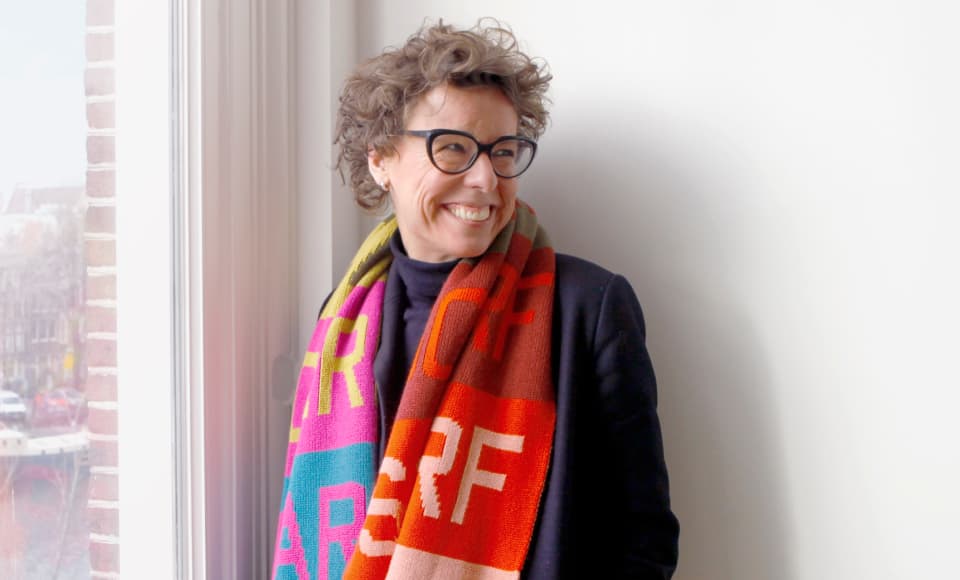Many people have "surplus value" in their homes. They bought the house several years ago for a certain amount of euros and now find that it has become worth much more over time.

You can monetize surplus value in three ways:
Sell the house
You can sell the house and enjoy the hefty tax-free (!) profit. But that doesn't provide you with a roof over your head! Buying another home has become expensive, and your earnings dissapear immediately if you don't buy a cheaper home. If you have a lot of surplus value, this is an excellent opportunity to move into a more expensive house.
Financial engineering
Another way to use the surplus value is to have a conversation with the bank. The bank may be willing to grant a lower interest rate if you can prove the surplus value (for example, using an appraisal report). After all, the bank is less at risk because of the surplus value and will always be able to collect the remaining debt in case of a possible forced sale. In amicable, formal banking terms, your "Loan-to-Value" has decreased, which is the ratio of the remaining debt to the home value.
Borrow more money
A third way to cash in on your excess value is to borrow more money from your bank to make the house more sustainable. The residual debt will decrease, but so will the appraised value, so the LTV ratio described above will probably remain the same. A sustainable house is more economical, so you save on heating costs.
A mortgage loan can never be more than the value of a home. This is because the tax authorities are also monitoring. But, of course, the deductibility of interest charges is not meant for a loan that has nothing to do with the home.

Buying a home?
Book your free orientation call with a Walter advisor. We will take you through the process of buying your next home.
Book a call — it's freeContinue reading



Walter Living is registered in The Netherlands with the address Walter Tech, B.V. Singel 542, 1017AZ, Amsterdam. Our Chamber of Commerce number is 73708585 and our tax ID is NL859636033B01.
Service
Would you rather contact us via WhatsApp? Send an app to +31 85 080 6860


